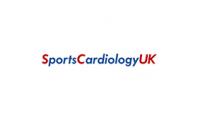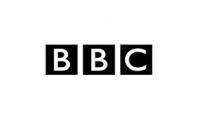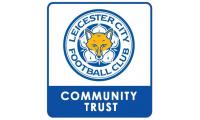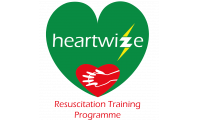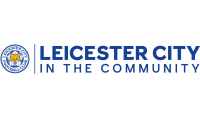Inherited Cardiovascular Conditions (or ICCs) are a group of different genetic conditions that mainly affect the heart or main blood vessels.
There are 4 main groups of conditions:
Cardiomyopathies – these conditions mainly affect the muscle of the heart.
Examples include:
- Hypertrophic cardiomyopathy - when the heart muscle becomes too thick
- Dilated cardiomyopathy - when the heart enlarges and the muscle becomes weak
- Arrhythmogenic cardiomyopathy - when the muscle of the heart is replaced by fat and scar
Ion channel disorders – these conditions mainly affect the electrical system of the heart. These electrical anomalies are associated with deaths due sudden arrhythmic death syndrome (SADS), where the heart structure in the affected individual is normal. Examples include:
- Long QT syndrome – when the heart takes too long to relax
- Brugada syndrome – an unusual condition with a characteristic pattern on the heart trace
- Catecholaminergic polymorphic VT – a rare condition that causes heart rhythm problems during times of stress or exercise
Neuromuscular conditions – these conditions affect both the muscles of the body and the muscle or electrical system of the heart.
- Muscular dystrophy – conditions such as Duchenne and Becker's muscular dystrophy can cause significant weakness of the muscles of the body and can also cause heart failure
- Myotonic dystrophy – this is a condition in which the muscles of the body get tired easily and it can also affect the heart electrical system
Conditions affecting the major blood vessels – these conditions affect the major blood vessels.
- Marfan syndrome – a condition that affects many different aspects of the body including the eyes, the joints, the heart and the main artery called the aorta.
- Ehler's Danlos syndrome – a condition that affects the skin and joints and the main artery (aorta).
